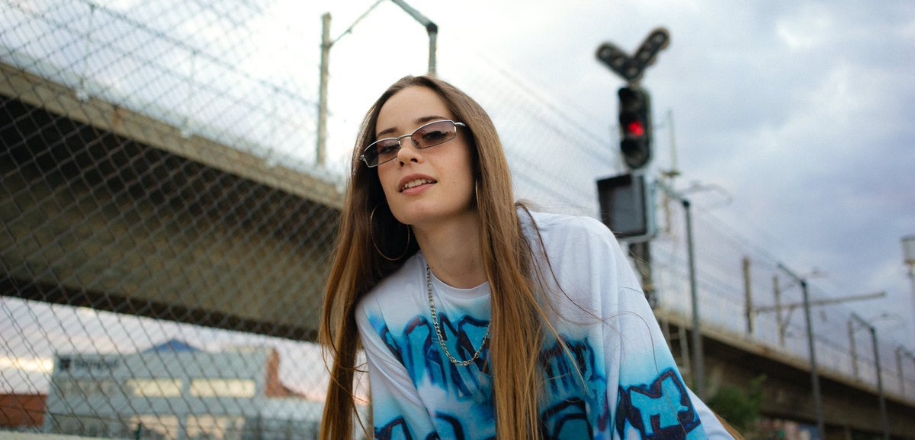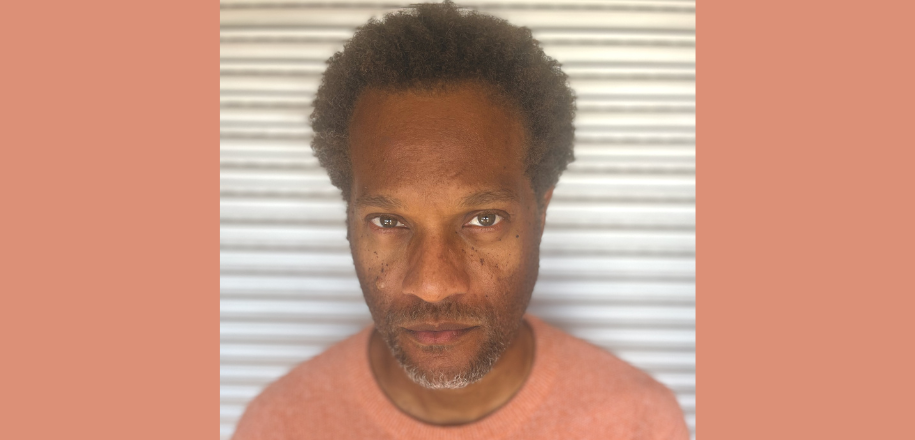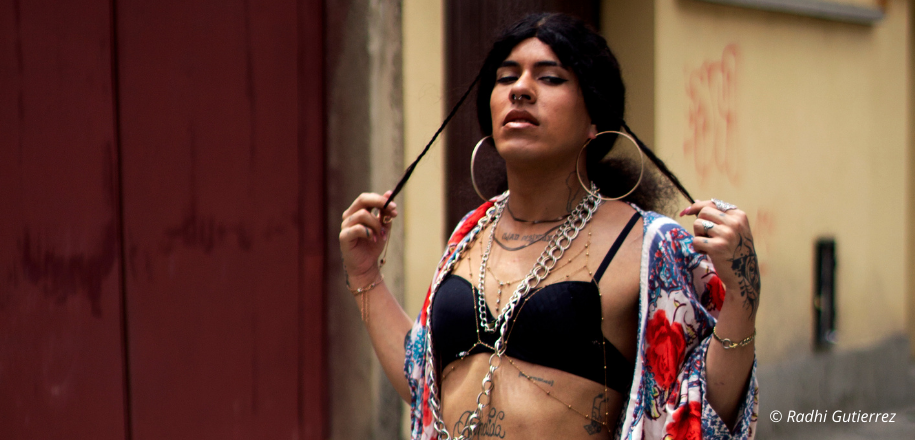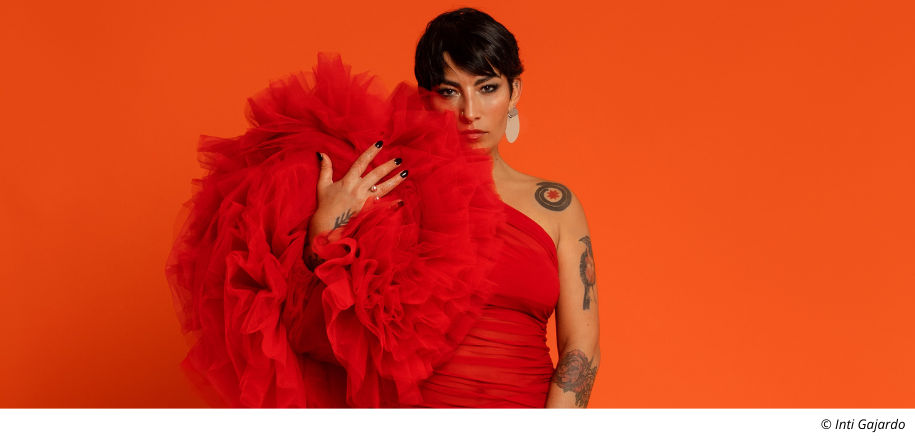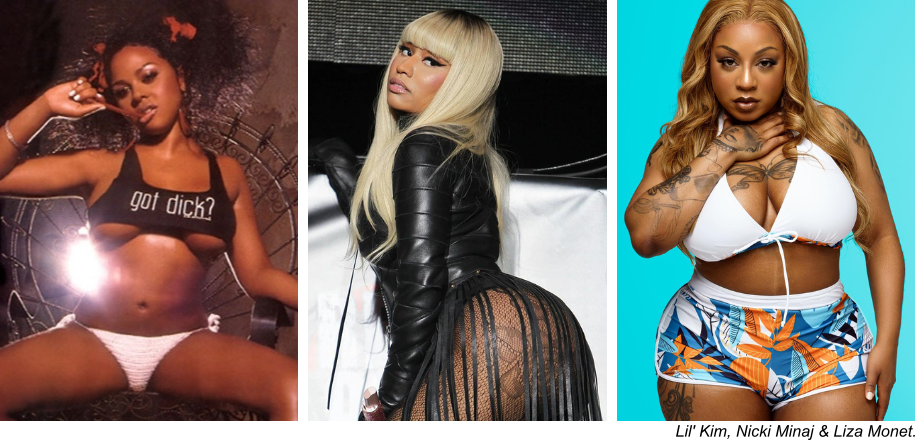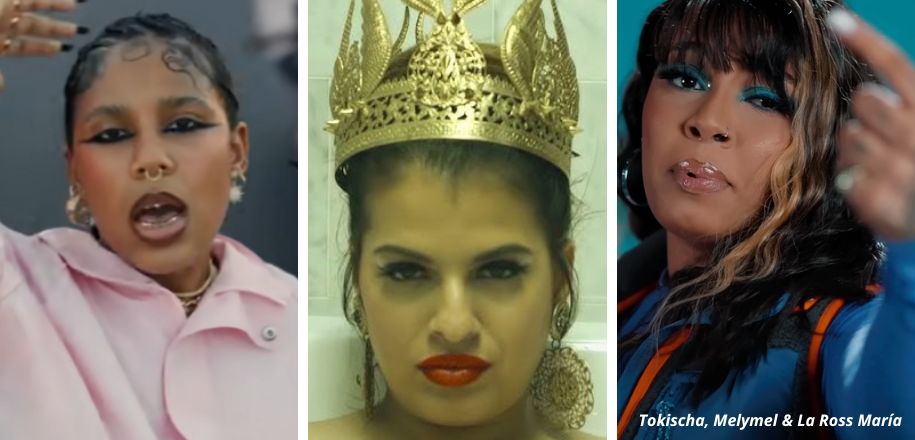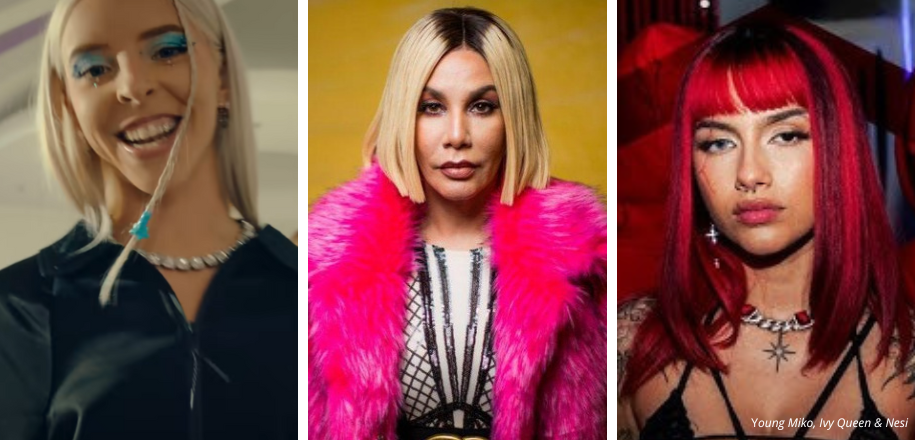Hailing from Sabadell in Catalonia, Spanish rapper Santa Salut told us about her journey into hip hop, her projects and her feminism.
How and when were you introduced to hip hop?
I’ve always been curious and an observer, so as a kid I was always looking at my environment, what surrounded me. If I watched TV and heard Ice Cube or 50Cent, for sure I would remember them. I used to figure out how I was gonna be when I became older and in my city there were a lot of young people doing hip hop: skaters, music festivals, graffiti.. So I was really interested in it, and when I grew older I just searched for that music and made friends who shared the same interests.
How did you start rapping?
I started rapping when I was 16 years old when I saw an improvisation battle for the first time. I was fascinated and I always loved to write, so I tried and I didn’t stop.
If someone wants to discover your music, which track would you advise them to listen to first and why?
I would like to introduce them to Morfeo because it’s a versatile song with musical and rap parts and it talks about really hard feelings I have for a special person who is really important to me. I’m really proud of this song.
You have many anticapitalist, antifascist, antiracist and feminist texts. Would you say your music is a political tool?
It could be, but I’m just a singer. I show a part of my values and political thoughts because I want the people who listen to think, knowing me a little, move around, get information, open their minds… Even though my music is connected to politics, I don’t intend to use it literally as a political tool.
How would you define your own feminism?
My own feminism is the one that I built inside because of what I experienced and saw. Nowadays, it’s still quite a difficult term for everyone to understand it so I try to simplify the best I can, because in my circle and country it’s what I think is needed.
Me rapping is feminism, me organizing an event is feminism, me saying to another girl how to live her feminism is not feminism. I try to focus on equal rights and ways to act and especially make suggestions. I think it’s complicated, but the key is to base it on love, not anger.
Who are your female role models?
I really appreciate Frida Kahlo, Chavela Vargas, Agatha Christie, Lauryn Hill, Lin Que, MC Lyte, Queen Latifah, Ella Fitzgerald… Artists who made their place in a man’s world at a rough time.
I think my mother is also an example because she always worked (she’s an archeologist and now works in a museum) and took care of everything at the same time. I admire that.
@ultrasofia is my back vocalist but she is also a sound technician, beatboxer, breakdancer and skater.. Amazing.
Are you connected to other female rappers in Spain? If so, what are your relationships to them?
Yes I am, Elane is a close friend and we started doing concerts together, she is one of the bases of my musical career, she empowered me SO MUCH.
I have a really good relationship with Sofia Gabanna too, she has amazing musical influences as she is from Argentina and she is a huge artist. Listen to them you won’t regret it !
Jazzwoman, Tribade and Asma too.
You come from Sabadell, Catalonia. What is the hip hop scene like over there?
Now there’s less hip hop. Years ago, we had the Badia Street fest, which reunited the best rappers in Spain. In fact, there’s an important group from Sabadell called Falsa Alarma, these guys kill it! There are less improvisation battles too, but it’s not dead.
How did the coronavirus pandemic impact on your activity?
Well, like for most artists in the world, it had a negative impact: no concerts, difficulties for recording…In Spain, the government didn’t care about the people who make a living with events, we had to pay the self-employment fee, as if nothing was happening (it’s from 60 to 300 euros).
What are your upcoming projects?
I’m glad to announce that I’m working on an album!
What do you think about Madame Rap? What should be changed or improved?
I think it’s a really good project and I’m discovering so many female artists, good job!

